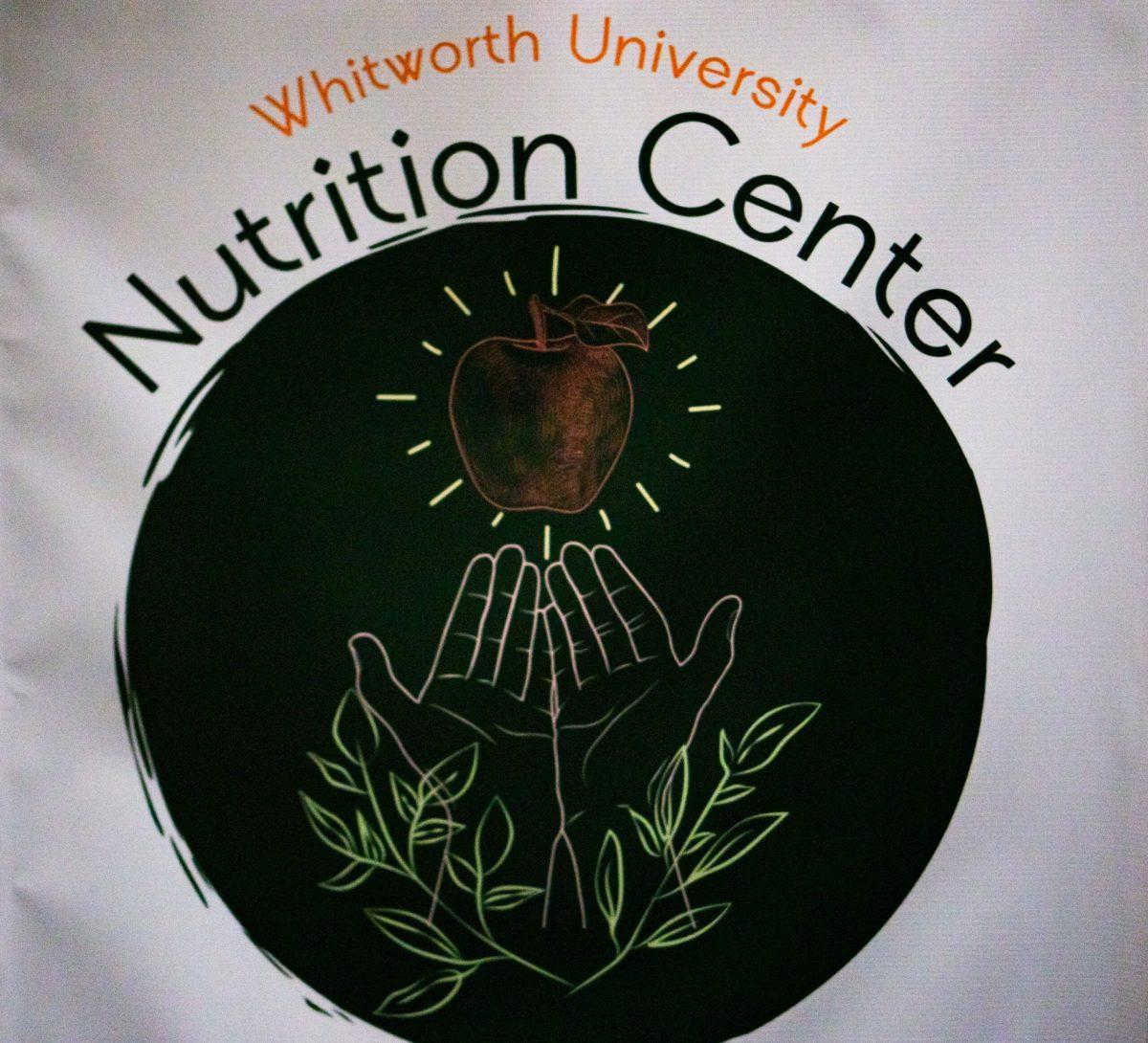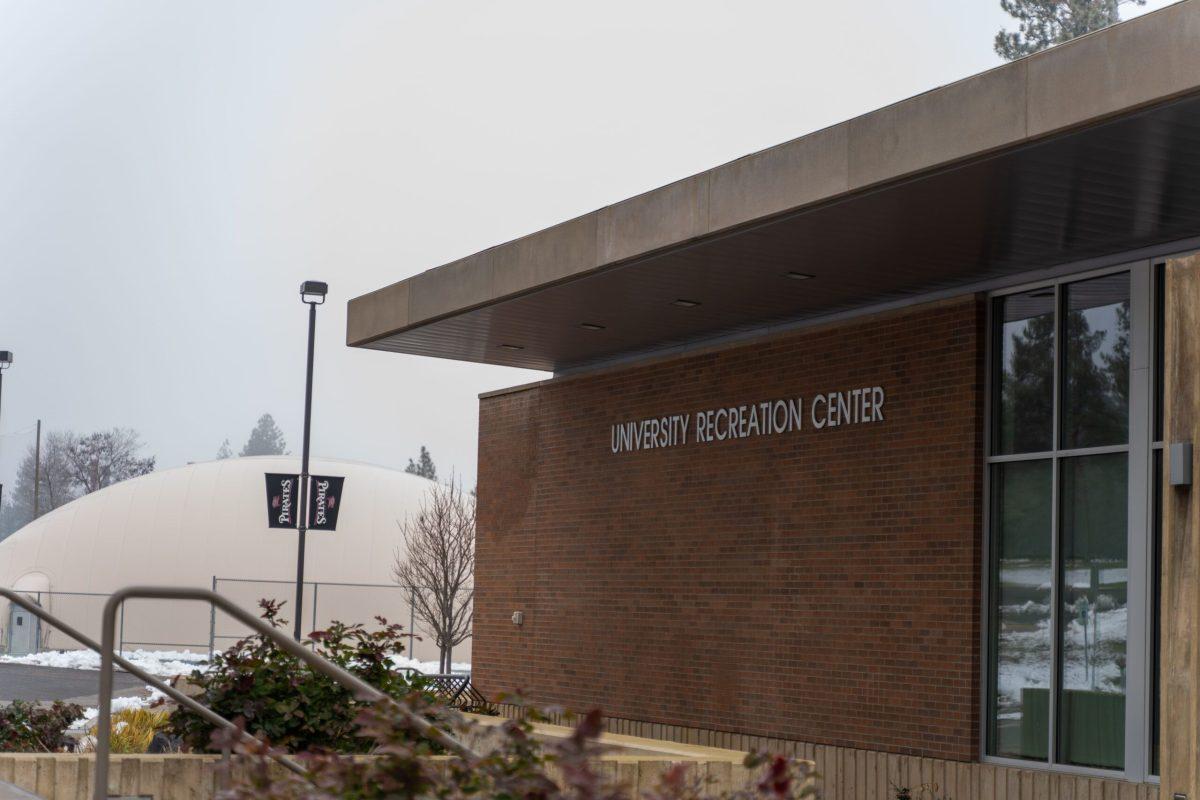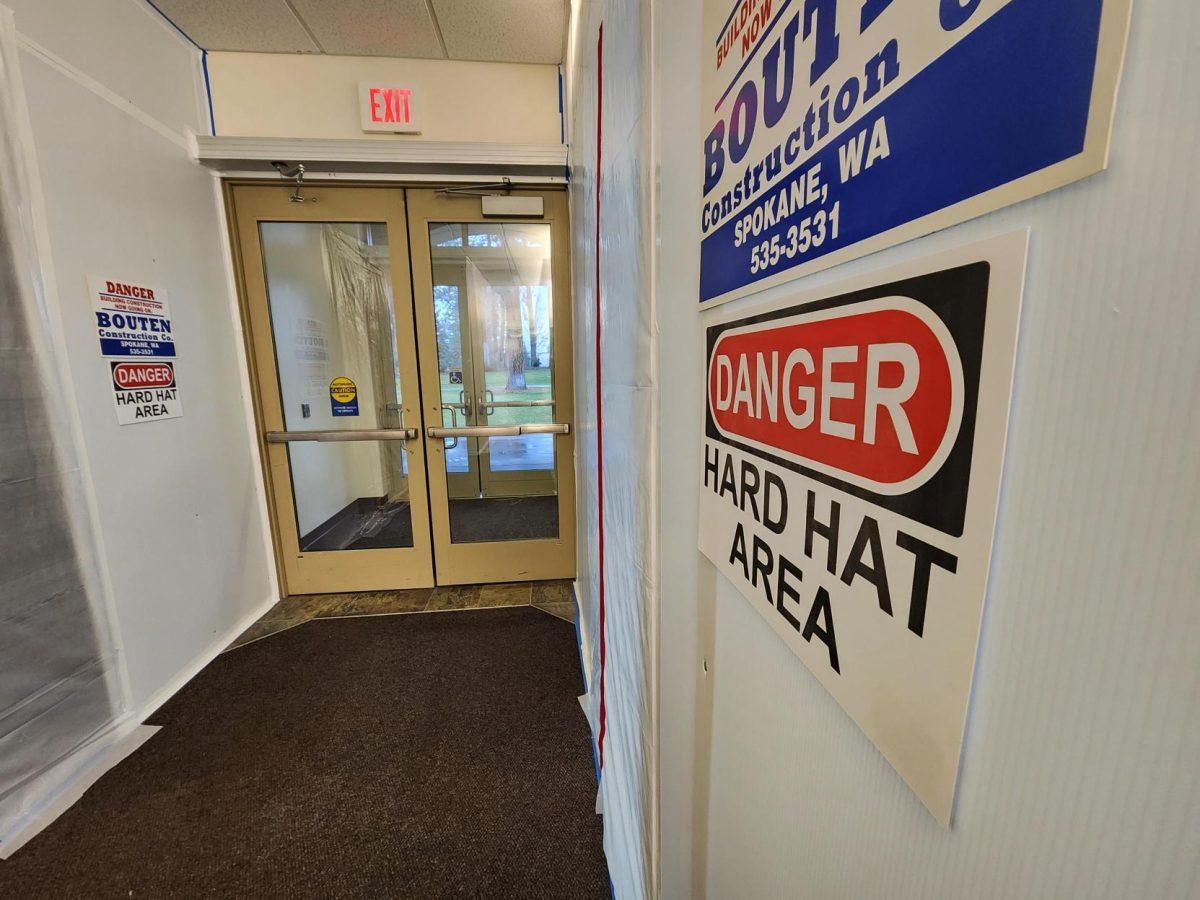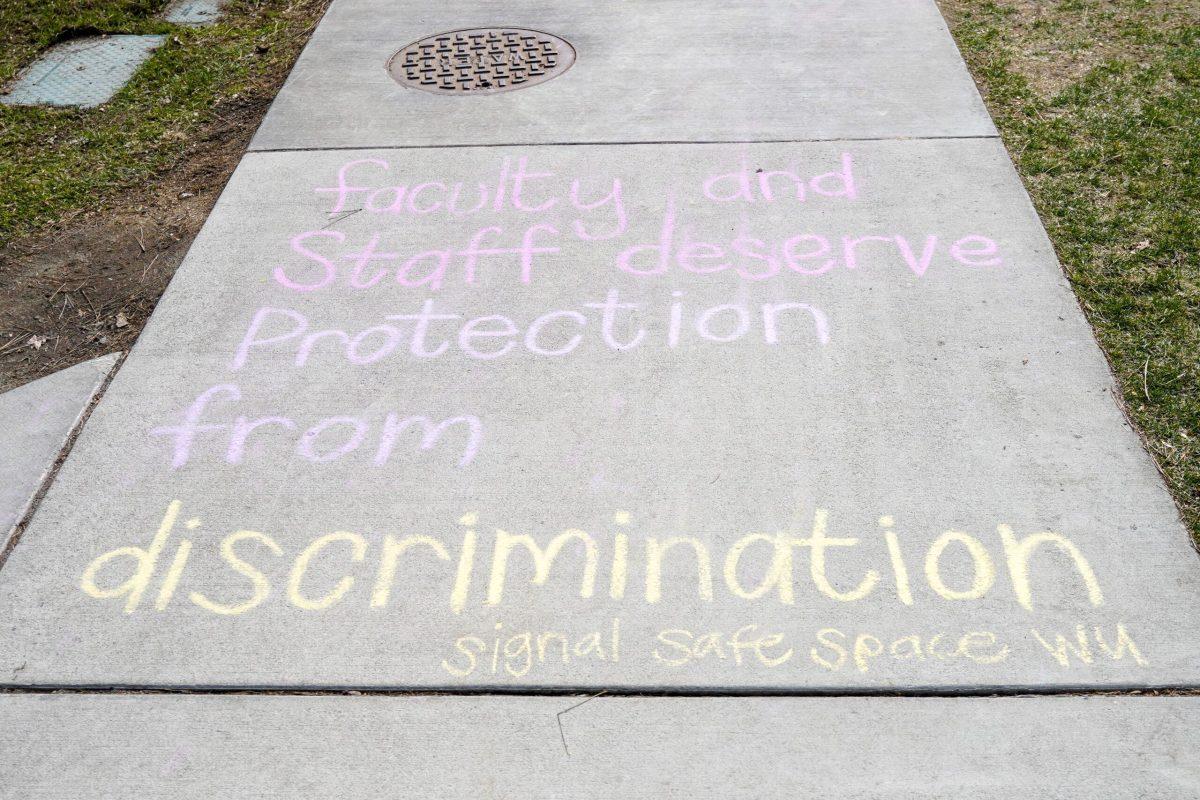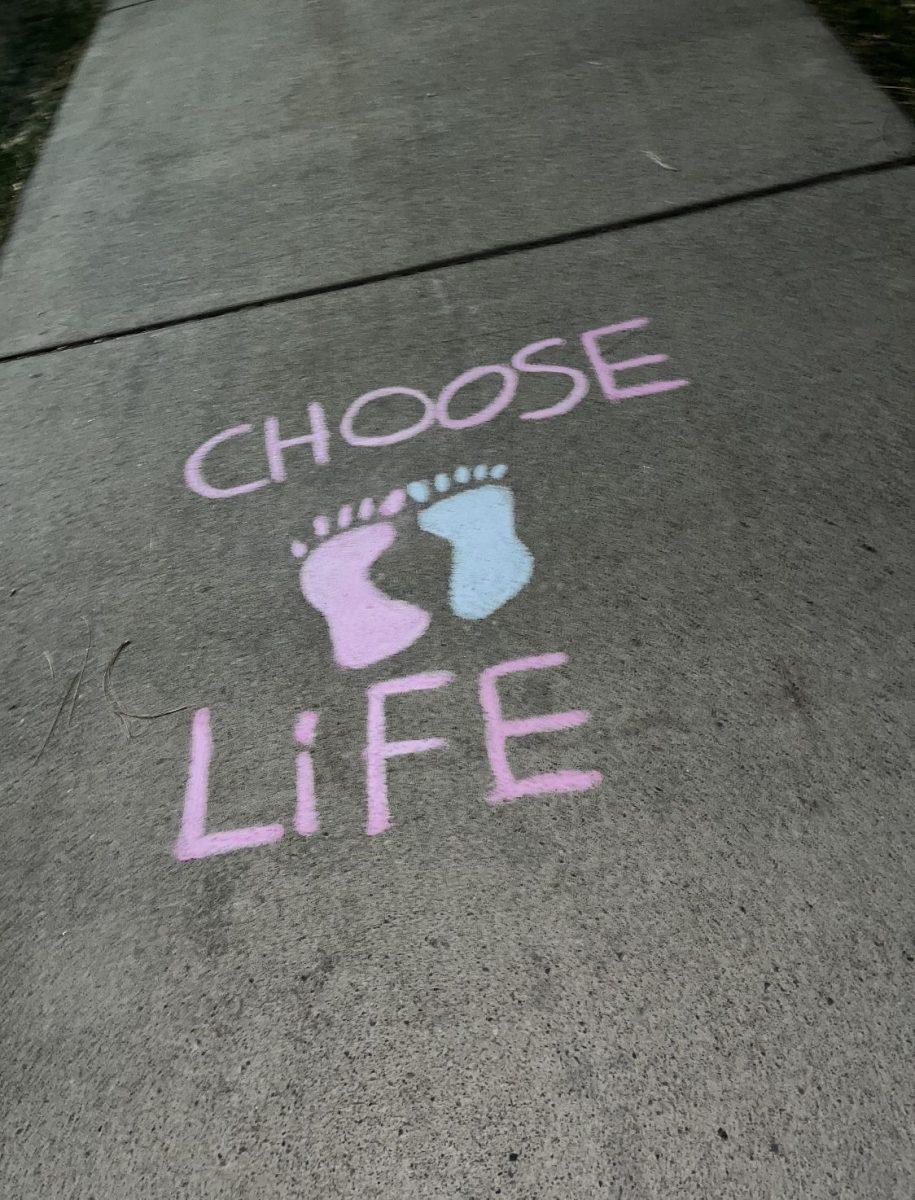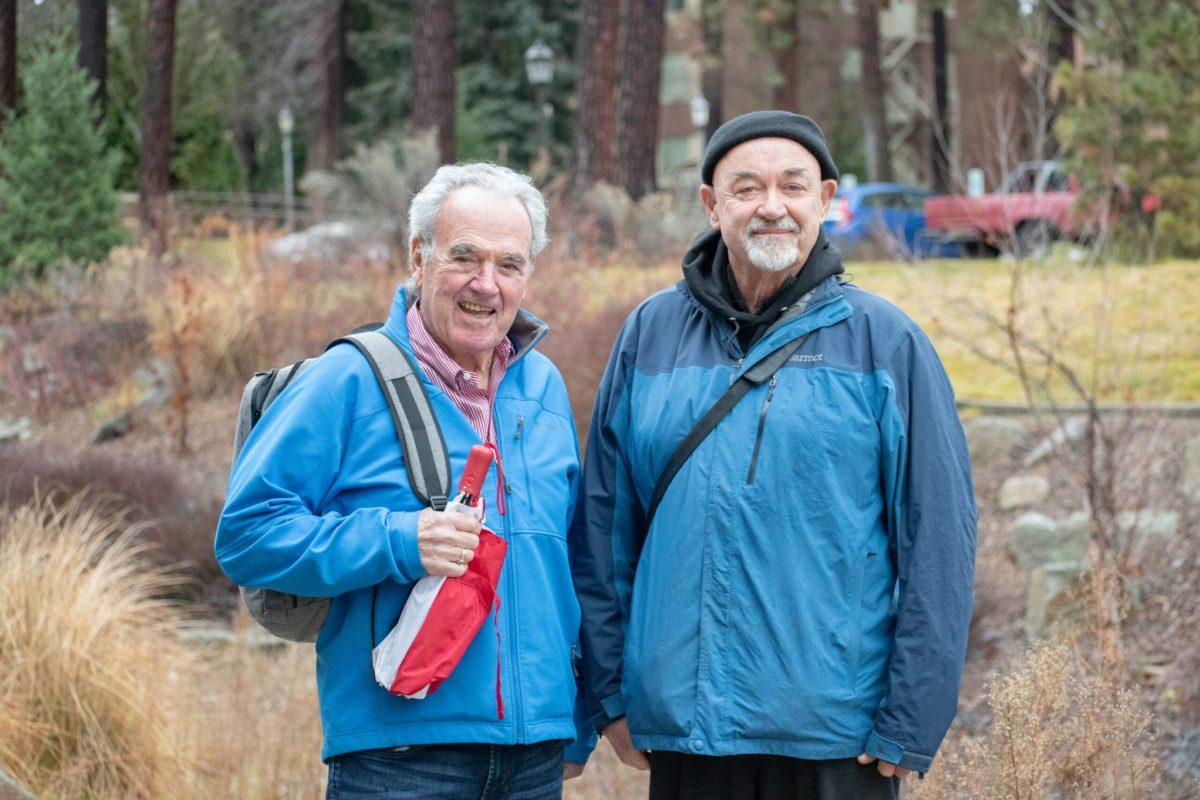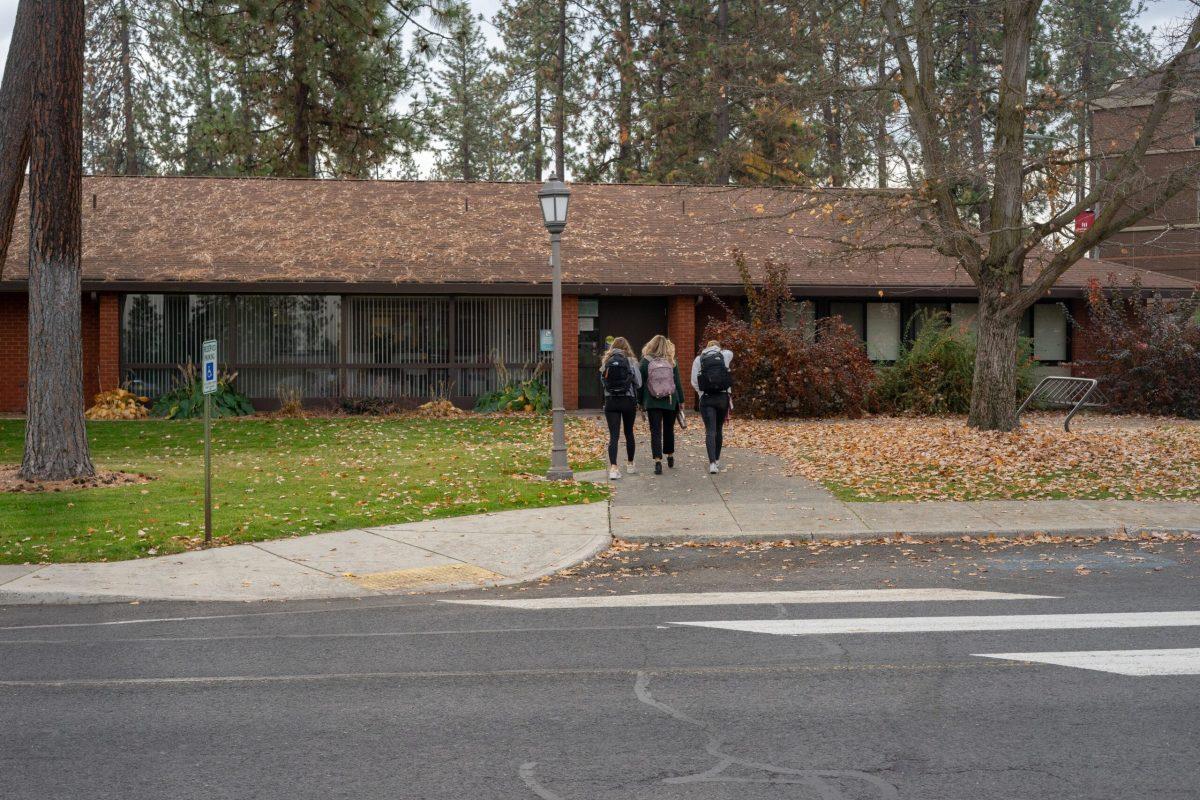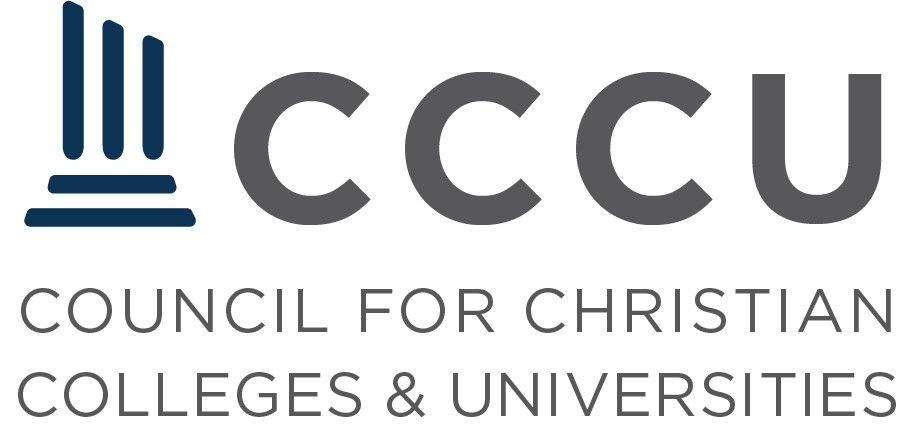
On Oct. 12, the Whitworth Nutrition Center opened on the second floor of the Hixon Union Building (HUB) to provide for students who struggle with food insecurity, as well as to teach students how to make easy, nutritious meals.
The Nutrition Center will be operating during HUB hours and Student Activities will oversee it. The Center will take the place of what used to be the veteran’s lounge that relocated to the Military and Veterans Resource Center when it opened on April 4, last year.
“We’re going to have foods identified and [ingredients] to make… three different meals per month,” said Assistant Dean of Student Life Jason Chapman.
The Nutrition Center will also be vetted by a nutritionist to ensure that the meals are balanced and easy to make for students.
While the Nutrition Center plans to focus on supplying ingredients for healthy meals, smaller items like granola bars, fruit, and other snacks will also be included, said Chapman.
“Right now there’s a couple other food pantries that exist, but they’re in academic buildings which are closed on weekends and close [on weekdays] at 5 pm,” he said. By contrast, the HUB is open on the weekend and is usually only closed late at night.
One of the food pantries is located on the first floor of Lindaman Center (Room 201) and another is located on the middle floor of Dixon Hall in the student lounge (Room L201).
As a result, Chapman said that various campus groups like ASWU and Student Activities wanted to provide students with a more accessible solution beyond canned food.
One of the goals of the nutrition center is to “reduce the barriers for [students] to get the help that they need,” he said. As a result, students will be free to come and take what they need from the center without regulation such as checking student IDs or signing in on a log.
Chapman said that in the last few years there has been a noticeable, and continuing, increase in the number of college students needing assistance with meals. At Whitworth, he has observed a significant increase in the number of students requesting meal assistance from the Help-a-Pirate Program.
According to the Whitworth University website, the Help-a-Pirate Program “exists to assist students through one-time interventions of support when an urgent need arises.” Among its offerings are programs for meal assistance, textbook lending, technology support and immediate financial hardship.
A survey from the California Student Aid Commission in May of 2020 involving 76,000 Californian students, reflects the ways in which the pandemic created increased student needs for such programs. According to the Public Policy Institute of California, “The survey found that more than seven in ten students had lost some or all of their income, almost half had experienced a change in their living arrangements and a quarter had dropped courses in spring 2020. Students also reported increased anxiety as family members lost employment or became sick.”
Furthermore, research on students who completed the Student Experience in the Research University (SERU) COVID-19 survey found that, “Students from underrepresented and marginalized backgrounds had significantly higher odds of experiencing financial hardships compared to their peers.”
Chapman said he is “really excited” about the Whitworth Nutrition Center, and “hope[s] it really serves our student body and meets a need.”
During the first month, the Nutrition Center will be measuring how much food is being used so that they can plan for the coming months.
“We will be checking inventory once a day, making sure that we have all the items that we need,” said Chapman.
Now that the center is up and running, the Whitworth community will be able to contribute to the Nutrition Center by dropping off donations at the ASWU front desk.
At the center, there will be a comment box where feedback will be welcomed to ensure that the center is meeting students’ needs, said Chapman.
More information on the Help-a-Pirate Program and other resources available to students can be found here.

